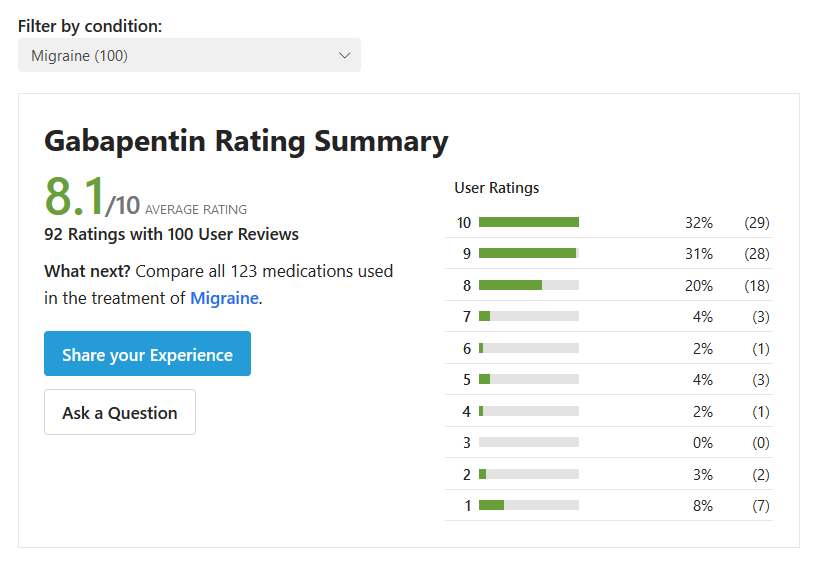A migraine is not just a headache. Migraines are usually more severe and last longer than headaches. Migraines can last as long as 72 hours.
The major symptom of a migraine is pain that you usually feel on one side of your head. This pain is typically moderate or severe. Migraines also include other symptoms, such as nausea, vomiting, and severe sensitivity to light and sound.
About 20% of people who have migraines experience an aura before the pain begins. An aura is a group of symptoms. You could have some or all of the following symptoms during a migraine aura:
- Changes in your vision, such as seeing squiggly lines or having short-term, partial vision loss
- Difficulty talking
- Tingling or numbness of any part of your body
Migraine triggers
It is not known exactly why people have migraines. However, some people can track their migraine back to a certain trigger. Migraine triggers can include stress, lack of sleep, certain foods, and even hormone changes during a menstrual cycle.
Migraine prevention
Some people can prevent migraines by avoiding triggers. Others have prevented migraines successfully through relaxation techniques, acupuncture, or exercise. However, these therapies alone don’t work for everyone. Some people also need treatment with medication to reduce the number of migraines they have. The drugs used to prevent migraines are different from drugs that to treat migraines once a migraine starts. Drugs that prevent migraines, such as gabapentin, must be taken on an ongoing basis to work properly.
Gabapentin is a drug that is approved to treat seizures in people with epilepsy. It is also approved to treat nerve pain from shingles, which is a painful rash caused by herpes zoster infection. It’s used off-label for migraine prevention.
Gabapentin belongs to a class of drugs called anticonvulsants. A class of drugs is a group of medications that work in a similar way. Anticonvulsants help calm nerve impulses. It is believed that this action can help prevent migraine pain.



Suffered from hemiplegic migraines with triggers. If I didn’t take medicine immediately after the trigger, I suffered from symptoms that resembled a stroke. Also, had on going foggy eyes and vertigo not caused by cataracts nor inner ear. (Al tested.) Prescribed gabapentin after I realized avoiding triggers was not feasible. So, started: 100mg/night and 100mg/morning. Took a healthy dose of magnesium & B12 4 hrs after the morning dose to prevent any adverse side effects. My foggy vision and vertigo have disappeared.
During the holidays, didn’t pack it, the foggy vision appeared with a frontal lobe headache, was able to fix with Tylenol. (My hemiplegic migraines are typical lower back of head and cannot be cured by any ibprofen.) Needless to say, it’s working. Went back to take medicine and everything cleared up.
I am on a gluten free diet for an autoimmune disorder. Gabapentin helps me lead a normal life without worrying about potential triggers. It works.
FoundIt · Taken for 1 to 6 months
I have struggled with migraines since the early 90’s. Aleve always helped (and still does for headaches) But starting in 2009, my migraines were accompanied by vertigo with violent episodes of vomiting that were completely debilitating. Very little warning, less than 30 minutes, and I had to lay flat, not move, or I would be sick. Barometric changes seem to bring them on, but not always.
I went to an ENT doctor who diagnosed them as vestibular migraines since I had ear-ringing and fullness as a prelude to the vertigo. I had several episodes a year for 6 years until in 2015 I was getting them every 2 weeks or so. I was referred to a neurologist who specializes in migraines and she prescribed Gabapentin.
I started out on 300mg and now I take 1200 mg every day. I take the pills AT NIGHT because they make me drowsy. I take them 2 hours before bedtime because that is when the drowsiness kicks in.
I have not had any of the violent episodes since being on Gabapentin nor any migraines.